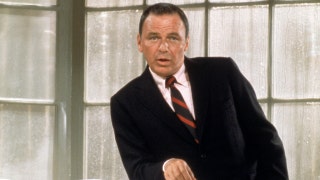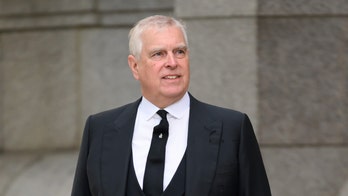
Sportscaster, Bob Costas speaks out about the Super Bowl LII special and why he is not hosting. Here Costas poses during the premiere of the film "Concussion" during AFI Fest 2015 (Reuters)
Bob Costas had circled Feb. 4 as his NFL broadcasting send-off, revealing last February Super Bowl LII would be the last one he’d host on NBC.
On Monday, Costas’ name was nowhere to be found on the network’s press release announcing its on-air and studio teams for the game between the Patriots and Eagles. NBC named Dan Patrick and Liam McHugh hosts of the Super Bowl pregame show, which also will include “Football Night in America” mainstays Tony Dungy, Rodney Harrison, Mike Florio and Chris Simms.
The scheduling decision comes as a surprise after Costas, NBC’s prime-time host for every Olympics on the network since 1992, conceded a year ago he was turning Olympics duties over to Mike Tirico but had one more Super Bowl in him before assuming a lesser role with NBC. The 65-year-old has hosted six Super Bowls throughout his career.
“I’ve been lucky to have such a long and enjoyable run,” Costas told USA Today at the time. “So I just thought, better to leave before they ask me to leave.”
That development was nine months before Costas had some scathing words for the prevalence of head injuries in football during a roundtable discussion in November.
While both NBC and Costas cited Patrick and McHugh’s chemistry as reason for the personnel choices, the timing and severity of Costas’ football comments raise suspicion around the network’s decision.
“Dan and Liam have served as hosts for our NFL pregame/studio shows on Sunday nights and Thursday nights, respectively, throughout the season and will continue on Super Bowl Sunday,” NBC said in a statement.
“Dan and Liam have done the job hosting NBC’s NFL coverage all season. It wouldn’t be right for me to parachute in and do the Super Bowl,” Costas said.
Costas sounded like he wanted to be far from football at the University of Maryland event two months ago, at which a number of high-profile journalists debated a wide range of sports issues.
“The reality is that this game destroys people’s brains,” Costas said during the discussion.
“The cracks in the foundation are there. The day-to-day issues, as serious as they may be, they may come and go. But you cannot change the nature of the game. I certainly would not let, if I had an athletically gifted 12- or 13-year-old son, I would not let him play football.”
Costas also pointed out the disturbing irony of the NFL’s initiative to seek more information on the physical dangers of the sport as the greater likelihood for its demise. He said he wouldn’t be surprised if, down the road, parents keep their children from playing football until they’re 18 years old, which could push college football, as the booming business it is now, off the map.
“The whole thing could collapse like a house of cards if people actually begin connecting the dots,” Costas said.
For whatever the real reason, Costas’ Super Bowl plans on the road to semi-retirement collapsed on him.













































